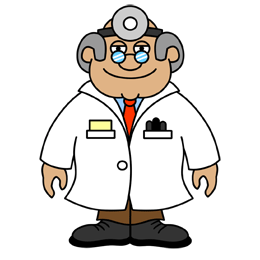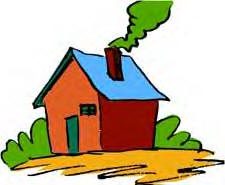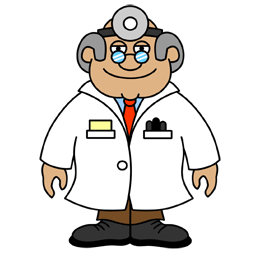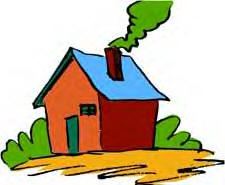Definition: An itchy rash made up of raised pink spots with pale centers
Symptoms
* Raised pink bumps with pale centers (welts).
* Hives look like mosquito bites.
* Sizes of hives vary from ½ inch (12 mm) to several inches (cm) across.
* Shapes of hives are variable and change repeatedly.
* Itchy rash.
Causes:
* Widespread hives usually are caused by a viral infection. They can also be an allergic reaction to a food, a drug, an infection, an insect bite, or other substances. Often the cause is not found. Hives from foods usually resolve in 6 hours.
* Localized hives are usually caused by skin contact with plants, pollen, food, or pet saliva. Localized hives are not caused by drugs, infections, or swallowed foods.
 Call 911 Now (Your Child May Need an Ambulance) If:
Call 911 Now (Your Child May Need an Ambulance) If:
* Difficulty breathing or wheezing
* Hoarseness or cough with rapid onset
* Difficulty swallowing, drooling, or slurred speech with rapid onset
* Severe life-threatening allergic reaction in the past to similar substance
Call Your Doctor Now (Night or Day) If:
* Your child looks or acts very sick
* Hives began after a bee sting, medicine, or high-risk food (eg, peanuts, fish), and no previous reactions
* Child younger than 1 year with widespread hives
Call Your Doctor Within 24 Hours (Between 9:00 am and 4:00 pm) If
* You think your child needs to be seen
* Severe hives (eg, eyes swollen shut, very itchy) not improved after second dose of Benadryl
* Fever or joint swelling is present
* Abdominal pain or vomiting is present
Call Your Doctor During Weekday Office Hours If:
* You have other questions or concerns
* Hives interfere with school or normal activities after taking Benadryl every 6 hours for more than 24 hours
* Food suspected as cause
* Hives have occurred 3 or more times and cause is unknown
* Hives last more than 1 week
Parent Care at Home If:
* Hives with no complications and you don’t think your child needs to be seen
1. Localized Hives
* For localized hives, wash the allergic substance of the skin with soap and water.
* If itchy, massage the area with a cold pack or ice for 20 minutes.
* Localized hives usually disappear in a few hours and don’t need Benadryl.
2. Benadryl for Widespread Hives
* Give Benadryl 4 times per day for widespread hives that itch (no prescription needed)
* If you only have another antihistamine at home (but not Benadryl), use that.
* Continue Benadryl 4 times per day until the hives are gone for 12 hours.
* Contraindication: Child is younger than 1 year (Reason: Benadryl is a sedative). Give your doctor a call for advice.
3. Food-Related Hives
* Foods can cause widespread hives.
* Sometimes hives are isolated to just around the mouth.
* Hives from foods usually are transient and gone in less than 6 hours.
4. Cool Bath: Give a cool bath for 10 minutes to relieve itching (CAUTION: Avoid causing a chill). Rub very itchy areas with an ice cube for 10 minutes.
5. Remove Allergens: Give a bath or shower if triggered by pollens or animal contact. Change clothes.
6. Avoid Allergens: If you identify a substance that causes hives (eg, a food), help your child avoid that substance in the future.
7. Contagiousness
* Hives are not contagious
* Your child can return to child care or school if the hives do not interfere with normal activities.
* If the hives are associated with an infection, your child can return to school after the fever is gone and your child feels well enough to participate in normal activities.
8. Expected Course: Hives from a viral illness normally come and go for 3 or 4 days, then disappear. Most children get hives once.
9. Call Your Doctor If :
* Severe hives persist after second dose of Benadryl
* Most of the itch is not relieved within 24 hours on continuous Benadryl
* Hives last more than 1 week
* Your child becomes worse
Based on recommendations/advice in “My Child is Sick; Expert Advice for Managing Common Illnesses and Injuries”, 14th Edition, by Barton D. Schmitt



